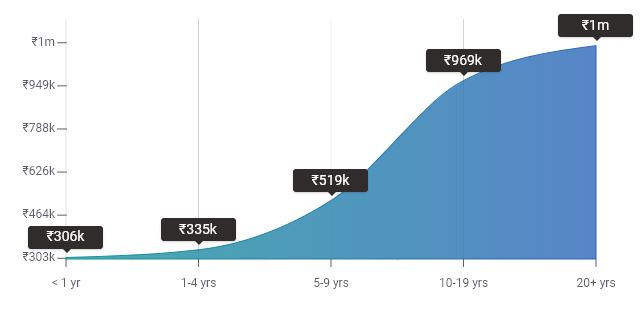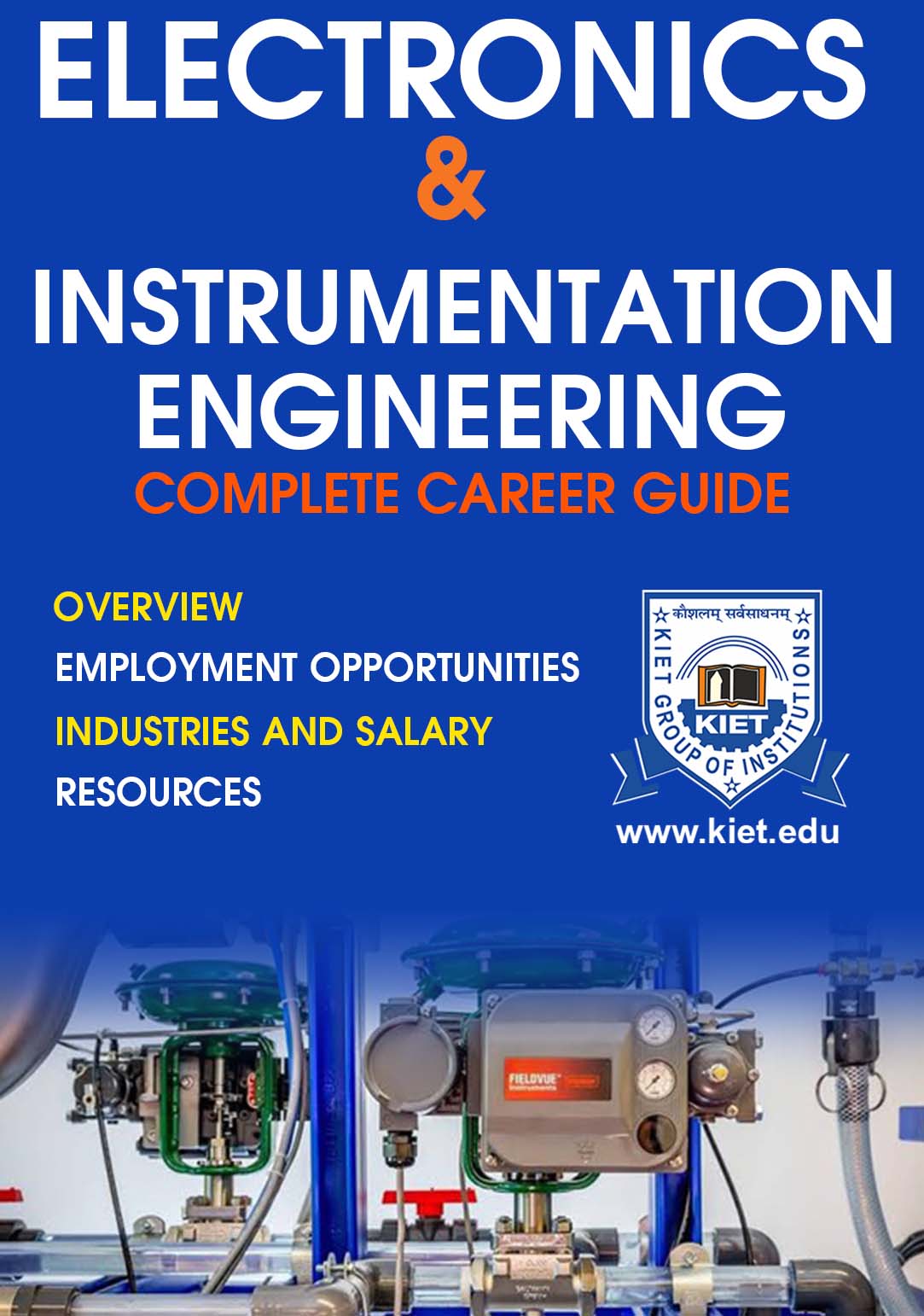Introduction: Electronics and Instrumentation Engineering
B. Tech or B.E in Electronics and Instrumentation Engineering is an undergraduate course offered by various engineering colleges in India. As apparent by its name- it is a coalescence of Electronics and Instrumentation Engineering. Electronics and Instrumentation Engineering largely deals with the principle and operation of measuring instruments which are used in fields of design, the configuration of automated systems in electrical, pneumatic domains, etc.
Career and Scope After B.Tech or B.E in Electronics and Instrumentation Engineering-
If you are worried about career path after 12th Science Standard, B.Tech or B.E in Electronics and Instrumentation Engineering can be one of the various great options that you should look for. However, before jumping to any conclusion, you must contemplate beforehand what you are going to deal with.
So, let’s look at what Electronics and Instrumentation Engineers do?
As an electronics and instrumentation engineer, you may get an opportunity to work for industries that manufacture and supply devices and equipment or companies that use these devices.
For Example– Nuclear and Renewable Energy Companies or Environmental Agencies, etc.
In general, however, tasks and responsibilities may be as follows:
- Instrument Control
- Designing and Developing New Equipments, Tools, Devices or Control systems
- Operation Management
- Project Management
- Plant Maintenance
- Engineering Design
- Responsible for Testing, Maintaining and Modifying Existing Systems
- Data Management
- Liaising with Clients, Suppliers, Contractors and Authorities
- Compliance Management
- Consultancy
- Raw Material Procurement or Purchase Management
- Creating New Business Proposals
Electronics and Instrumentation Engineering graduate can find employment opportunities with the below listed industrial sectors:
- Industrial Automation
- Automobiles
- Robotics
- Oil and Gas
- Metal/Steel
- Aerospace
- Packaging
- Chip Designing
- Defense Organizations
- Food and Beverages
- Power
- Cement
- Railways and transportation
- Healthcare
Requirements:
However, to grab a job in the industry, there are some requirements that as an engineering graduate you will have to fulfill.
- A Bachelor’s Degree in Electronics and Instrumentation Engineering
- Strong Aptitude for Maths and Physics
- Good Communication and Interpersonal Skills
- Problem-solving Skills
Apart from the above-mentioned skills, one of the most important skills is the ability to translate project requirements into the design and development of devices or equipment suitable for the task.
Salary:
If you are still worried about whether instrumentation engineering is a good career option or not let’s check the salary trends. According to payscale.com the average salary for instrumentation engineers in India would be between 4 to 5 lacs per annum. Therefore, an Instrumentation Engineer typically makes between Rs. 182k to Rs. 999K per annum.
Pay by Experience Level for Instrumentation Engineers:

Source: https://www.payscale.com/research/IN/Job=Instrumentation_Engineer/Salary
This is just an overview. However, the trends change very fast and you will surely observe the value of this domain rising higher very soon. Since the domain has a lot of potential for exponential growth, it may offer tremendous opportunities with lucrative offers the engineering graduates.
How to Get Admission in B.Tech or B.E in Electronics and Instrumentation Engineering
There are several top engineering colleges in India that offer admission in B.Tech or B.E in Electronics and Instrumentation Engineering. Our College- KIET Group of Institutions is one of the top engineering colleges in Delhi NCR and has been ranked No. 1 private engineering college in North India for enabling the research environment.
You can visit our website- KIET Group of Institutions or directly visit the page- “ELECTRONICS & INSTRUMENTATION ENGINEERING“ or Admission Procedure Page for more details.
How Do We Help You To Shape Your Career?
We offer various value-added courses to the instrumentation engineering students with an objective to provide job-oriented training and guidance.
List of Value Added Courses Offered By KIET Group of Institutions:
- Industrial instrumentation with Programmable logic controllers
- Industrial automation using Distributed control system
- Virtual instrumentation using LabVIEW
- Arduino IDE (Integrated Development Environment)-Arduino is an open
- Circuit designing using Multisim programming multidisciplinary.
- Industrial Mechatronics
For more details about these value-added courses, you can visit the page- ‘Value-Added Courses in Electronics and Instrumentation Engineering‘
